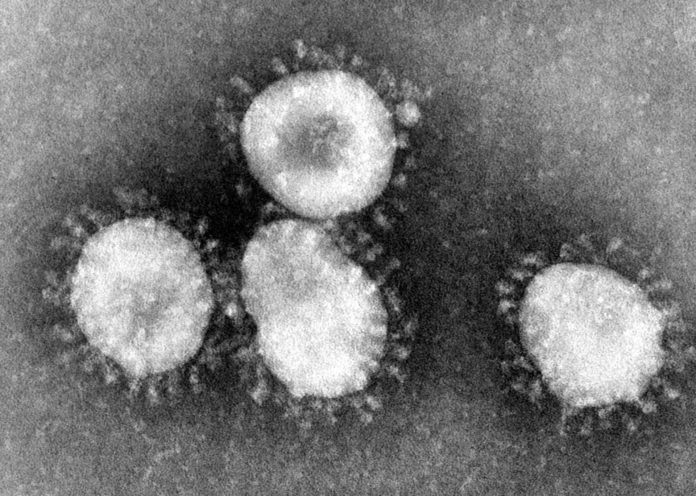New Delhi (NVI): The WHO today said that preliminary investigations conducted by the Chinese authorities have found no clear evidence of human-to-human transmission of the novel coronavirus (2019-nCoV) identified in Wuhan, China.
This comes a day after the WHO issued guidance on how to detect and treat persons ill with the new coronavirus, after detection of a case in Thailand. Coronavirus is a strain that has not been previously identified in humans.
Yesterday, the WHO had also said it is working with officials in Thailand and China following reports of confirmation of the novel coronavirus in a traveller from Wuhan, China, who visited Thailand.
“WHO reiterates that it is essential that investigations of the novel coronavirus continue in China to identify the source of the outbreak and any animal reservoirs or intermediate hosts,” it said Monday.
Coronaviruses are zoonotic, meaning they are transmitted between animals and people.
Detailed investigations found that SARS-CoV was transmitted from civet cats to humans and MERS-CoV from dromedary camels to humans, according to the WHO.
Several known coronaviruses are circulating in animals that have not yet infected humans.
Common signs of infection include respiratory symptoms, fever, cough, shortness of breath and breathing difficulties.
In more severe cases, infection can cause pneumonia, severe acute respiratory syndrome, kidney failure and even death.
Standard recommendations to prevent infection spread include regular hand washing, covering mouth and nose when coughing and sneezing, thoroughly cooking meat and eggs.
Avoid close contact with anyone showing symptoms of respiratory illness such as coughing and sneezing, the WHO has advised.








